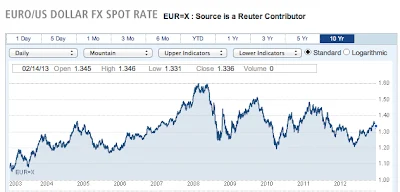And not only have corporations been considered persons since at least 1775, the original 13 American Colonies were considered corporations who like individuals subject to their king also owed everything to him.
To wit, one Samuel Johnson, harmless drudge, in "Taxation No Tyranny" (1775) here:
An English colony is a number of persons, to whom the king grants a charter, permitting them to settle in some distant country, and enabling them to constitute a corporation enjoying such powers as the charter grants, to be administered in such forms as the charter prescribes. As a corporation, they make laws for themselves; but as a corporation, subsisting by a grant from higher authority, to the control of that authority they continue subject. ...
To their charters the colonies owe, like other corporations, their political existence. The solemnities of legislation, the administration of justice, the security of property, are all bestowed upon them by the royal grant. Without their charter, there would be no power among them, by which any law could be made, or duties enjoined; any debt recovered, or criminal punished. ...
It is, say the American advocates, the natural distinction of a freeman, and the legal privilege of an Englishman, that he is able to call his possessions his own, that he can sit secure in the enjoyment of inheritance or acquisition, that his house is fortified by the law, and that nothing can be taken from him but by his own consent. This consent is given for every man by his representative in parliament. The Americans, unrepresented, cannot consent to English taxations, as a corporation, and they will not consent, as individuals. ...
A corporation is considered, in law, as an individual, and can no more extend its own immunities, than a man can, by his own choice, assume dignities or titles. ...
That corporations, constituted by favour, and existing by sufferance, should dare to prohibit commerce with their native country, and threaten individuals by infamy, and societies with, at least, suspension of amity, for daring to be more obedient to government than themselves, is a degree of insolence which not only deserves to be punished, but of which the punishment is loudly demanded by the order of life and the peace of nations.
So in one sense the American revolution was a throwing-off of the corporate yoke and the deliberate breaking of a business contract the terms and conditions of which had fallen into dispute, with the added overlay of political philosophy lately inclined to view monarchy as tyranny.
And we thought crony capitalism was a late invention of fascist Italy when America was actually born of it.





















,_2nd_president_of_the_United_States,_by_Asher_B._Durand_(1767-1845)-crop.jpg)


.jpg)






.jpg)






